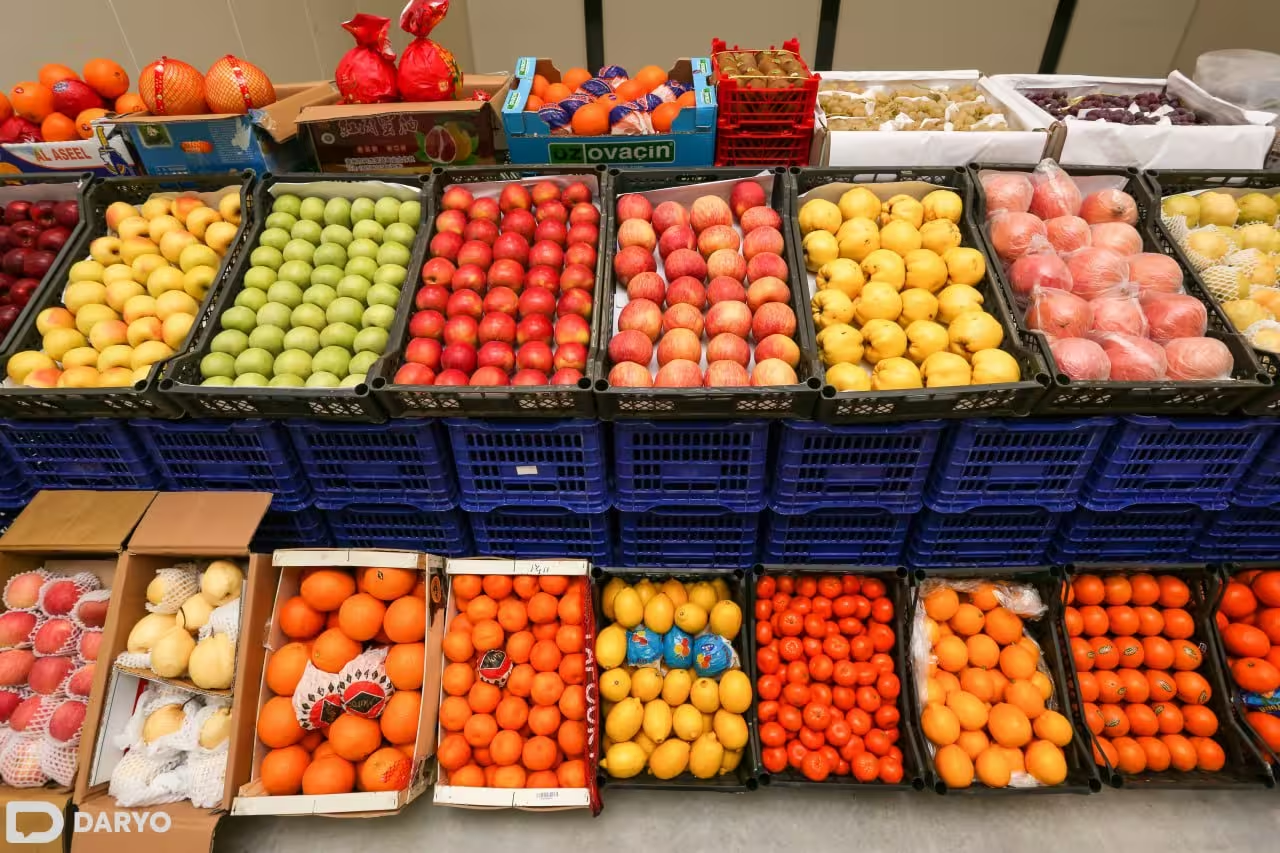Tajikistan’s fruit export sector is confronting challenges as a combination of rapid currency appreciation, rising electricity prices, and sharply increasing labor costs threatens its global competitiveness, EastFruit warns.

In the first half of 2025, the Tajik somoni (TJS) unexpectedly strengthened against the US dollar, appreciating nearly 9% in just a few months. At the start of the year, the exchange rate was about TJS 10.93 per USD, but by May 30, it had dropped to TJS 9.9849 per USD. This sudden shift caught local businesses off guard, as they had grown accustomed to a gradually weakening somoni over previous years.
Compounding the problem, on April 1, 2025, the government raised electricity tariffs. The cost per kilowatt-hour for businesses increased by more than 15%, from 70.35 dirams to 80.90 dirams (excluding VAT). This hike is especially burdensome for fruit freezing and drying operations, where affordable electricity has historically been a key factor in maintaining competitive prices.
Labor costs are also rising sharply, particularly in agriculture. The physically demanding nature of fruit harvesting, combined with often harsh working conditions, has made it harder to find workers. As a result, daily wages for farm labor have nearly doubled compared to the previous year. Given that low labor costs have been a cornerstone of Tajikistan’s export advantage, this wage surge presents a serious challenge to producers.
The combined effect of these cost increases is squeezing exporters’ margins, making it difficult to find profitable markets for dried and frozen fruits. This pressure risks reducing export volumes and lowering incomes for farmers, who may be forced to accept lower prices for their products.
Experts stress that to remain competitive in the global fruit market, Tajikistan must invest in improving production efficiency, boosting yields and quality, adopting energy-saving technologies, and automating labor-intensive processes.




